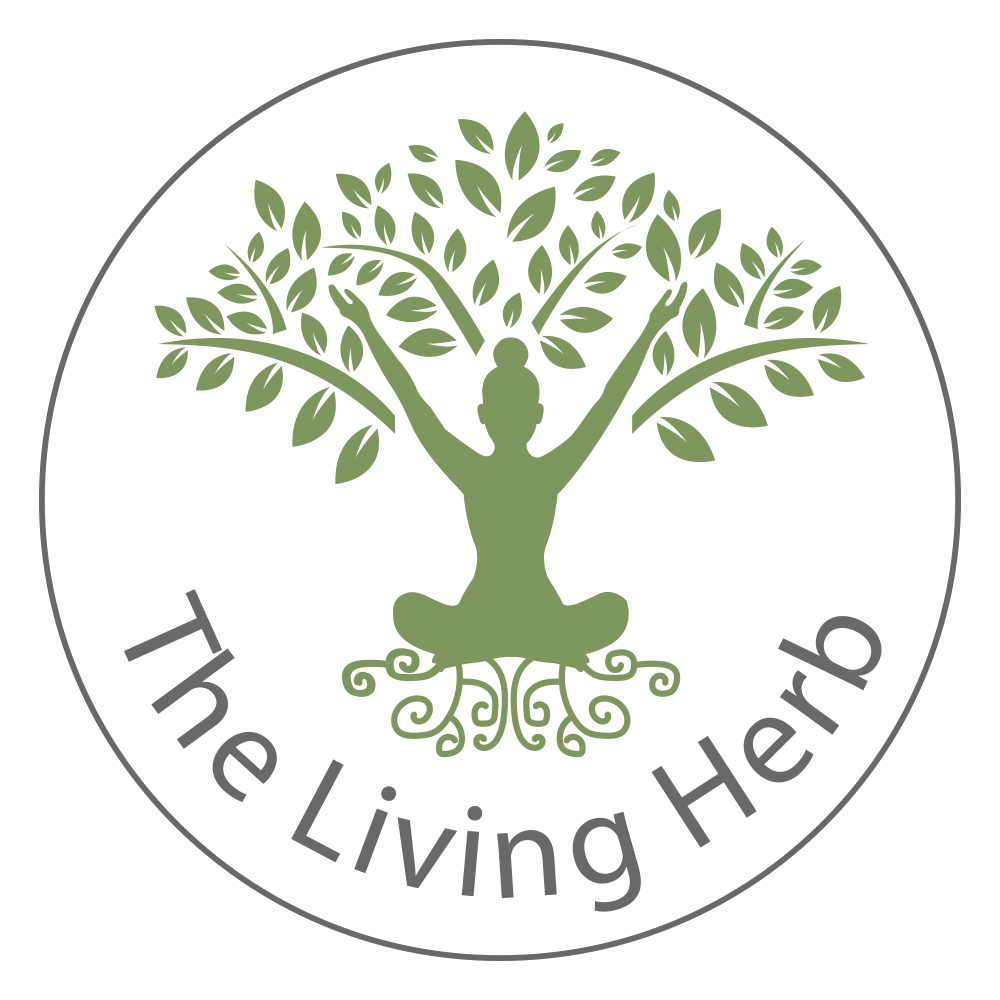So you're making New Year's Resolutions?

According to a survey published in Reuters, one third of new year's resolutions don't make it passed the end of January. An analysis of the survey concluded that the reason is because we don't make the right resolutions but I would challenge that. Certainly if I am making a resolution it's because it is something important in my life that I want to change. So why do so many of us fail?
The American Psychological Association says it's because we lack willpower. Kelly McGonigal (a researcher in this field) claims that only by understanding the science of willpower can we make sustainable changes. So how can we use this science to help us reach our goals, change our habits and stick to our new year's resolutions? Check out my top five tips to find out….
1. Find your why
‘He who has a why can endure any how.’ Frederick Nietzsche
You've decided your new year's resolution is to get fit. You know you SHOULD go out for a run but it's dark, cold and raining outside. What will motivate you enough to get you off the warm comfy sofa and out into the rain?
Before even thinking about starting a new health regime, it's really important to understand WHY we want to do it. Research tells us that if we are doing something for external reason (for example, someone suggest we do it or we think we have to because everyone else is doing it) then we don't have much change of sticking do it. However, if we do something for an internal reason we are more likely to be persistent towards our goals.
So ask yourself why are you really doing this? What about this goal is really important to you? What external factors influence you doing this goal?
2. Visualise achieving your goals
Neuro-Linguistic Programming (NLP) is a process by which we can train our unconscious mind to help us achieve our goals and visualisation is one of the basic techniques we can use. We habitually visualise what we are going to do (so often that we don't even realise it) so are constantly programming our unconscious mind. The trouble is we do this in a way that reinforces our negative self-beliefs. Using NLP visualisation techniques we can re-programme our unconscious mind so that we have the right mind-set to achieve our goals.
So how do we do it?
Set aside some time to think about your goal - what do want to achieve? Is it running a 10km race? Or being an ideal weight? Or it could be as simple as being flexible enough to be able to touch your toes. Spend at least 30 mins minutes writing down what it will be like to achieve this. Where will you be? What will be you see, hear and smell? What will you be wearing? Who will you be with? What will it feel like? Go into as much detail as possible. And, this is bit is really important, write it in the present tense as if you are actually doing it right now.
Review this regularly. You could read it every night before going to bed. Or think about it when you are in the care. Let it become so familiar to you that it feels like a memory.
Now this isn't magic. You won't suddenly be 20 years younger. You still have to do the hard work. But what it will do, is convince your unconscious mind that you can do it.
3. Keep it small
When I teach meditation, I am often asked "how can I develop a daily meditation habit?" My response is stop trying to meditate and set yourself a goal of sitting in the spot where you want to meditate once a day for a week. After you've achieved that, set yourself a goal of meditating for 1 minute every day and then build it up from there. My students then look at me as if I'm crazy but when they try it, it works.
The reason is when we start with a big goal (like meditating for 1 hour a day) we often feel really inspired to do it so we do it once but it's really hard so we don't do it ever again. If we make our goals so tiny that it seems to ridiculous not to do it, then we do them….. every day. And before we know it, we’ve developed a daily habit which can build on with confidence.
To achieve your new year's resolutions, what is the most ridiculously small thing you could do? If you are wanting to do more exercise it could be changing into your gym kit. If you want to eat more healthily, it could be take one piece fruit to work with you (you don't have to eat it but while you're carrying it around with you….). Set yourself up for success by making your new habits so small you cannot fail.
4. Focus on one thing at a time
Now I know as woman we have a reputation as being able to multitask but I hate to break it to you, it just isn't true. If you really want to achieve something, then doing less is more. If we start the new year with half a dozen goals or resolutions, we are setting ourselves up for failure. We may have more than one thing we want to achieve over the year but what is your highest priority right now?
Instead of dividing your energy over many goals and half-heartedly failing at all of them, choose one and give it your all. It doesn't mean it will be the only thing you do this year but choose to stick to it for at least one month and then see how you feel about it. It takes at least 30 days to form a new habit so when the habit is ingrained in your daily life, you can evaluate if it's one you want to keep or if you want to add a new one.
What is your highest priority right now?
5. Rewards and celebration
When I was studying for my herbal medicine degree I learned a really important fact about myself - I work better in the mornings. Unfortunately, I had to go to work and when I came home from work I was just too tired to study. I knew that if I was going to pass my final clinical exam, I needed to study daily for 2 years….. at 6am before I went to work. Now I'd seen in a well-known supermarket the most beautiful food mixer I had ever seen and I wanted it. So I decided that I would reward myself with £1 a day to go towards the food mixer if I got up to study. And it worked!
The right reward can be highly motivating. For me, at that time, a food mixer was. But it doesn't have to be something monetary or physical. It could be as simple as a hug off a loved one when you get back from a run, or a hot bath when you've tackled that job you really didn't want to do. What reward would work for you for this new year's resolution? Do you need a daily reward? Is there a big reward or celebration you can do at the end when you've achieved it? Try to make the reward as meaningful as possible and, when you do get there, be sure to give yourself your reward and enjoy it. You deserve it.
Still need help?
Sometimes we just need a little bit of extra support. There are loads of lovely people in The Living Herb Nurture and Nourish Group over on Facebook who are ready to offer support and accountability to anyone who needs it. If that's not enough, then book in for a free phone call to see if coaching is something that would help you.


0 comments
Leave a comment
Please log in or register to post a comment